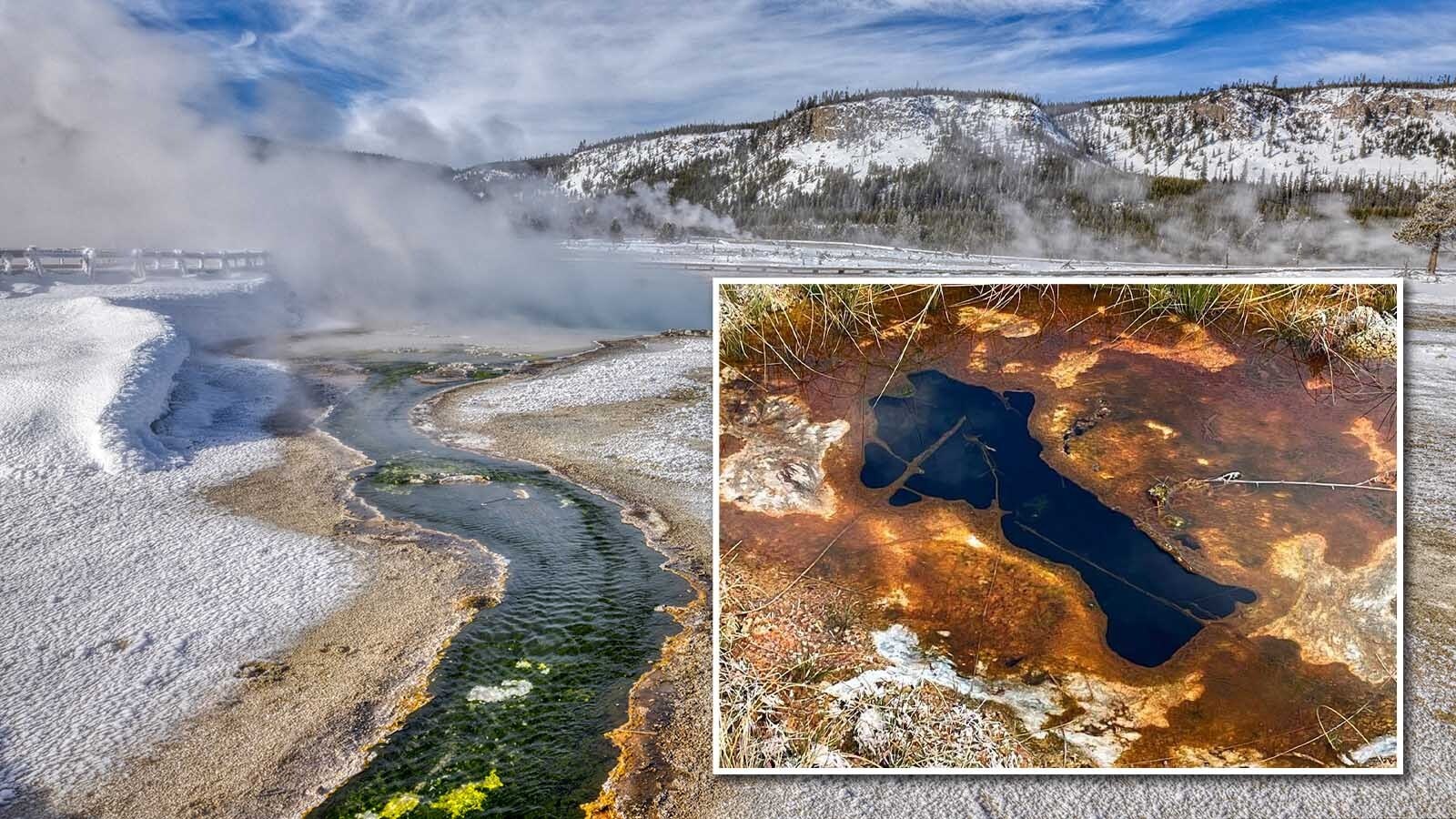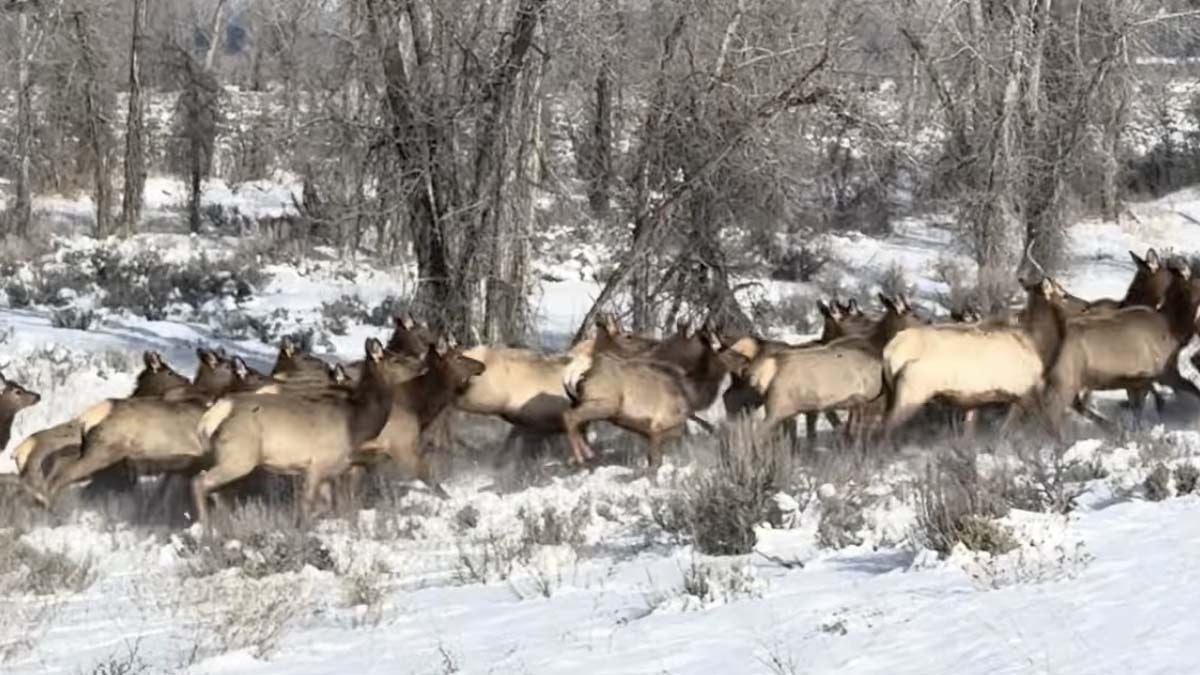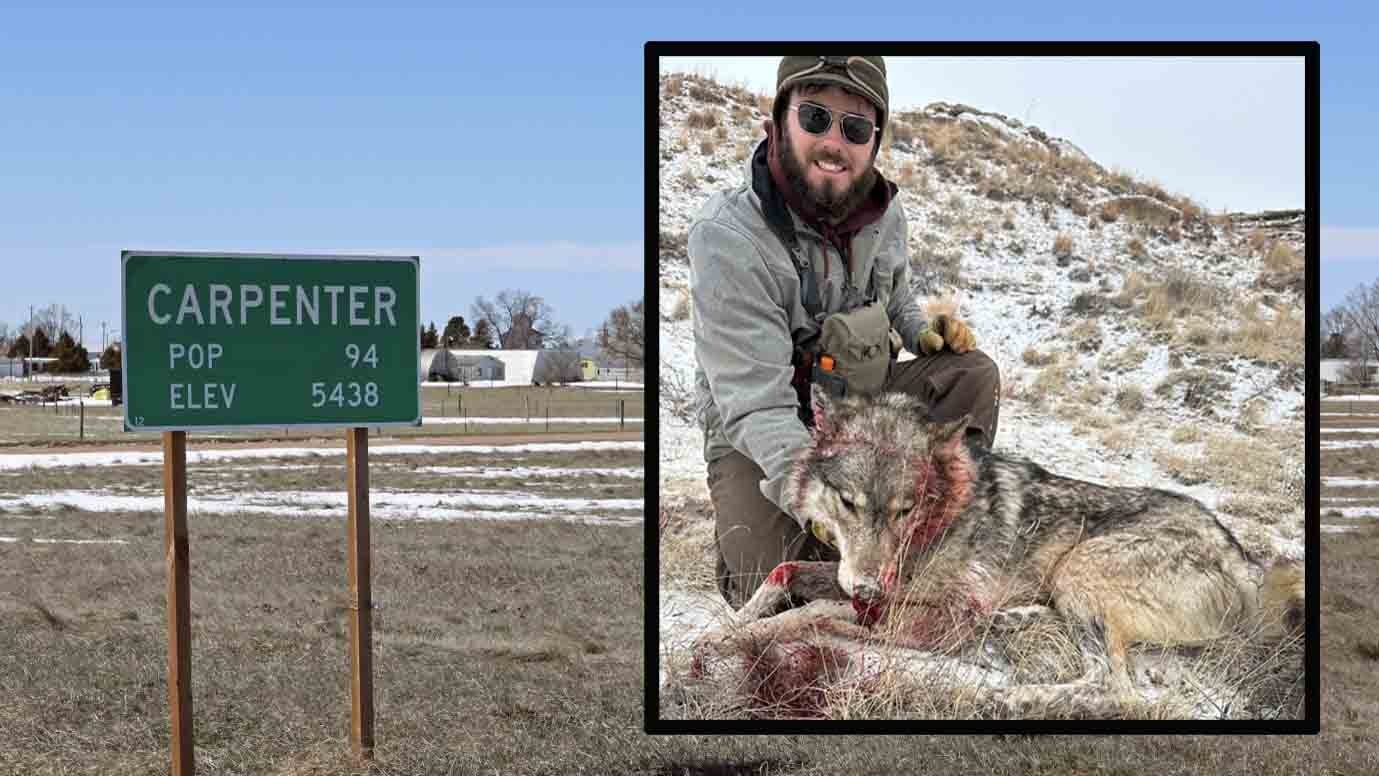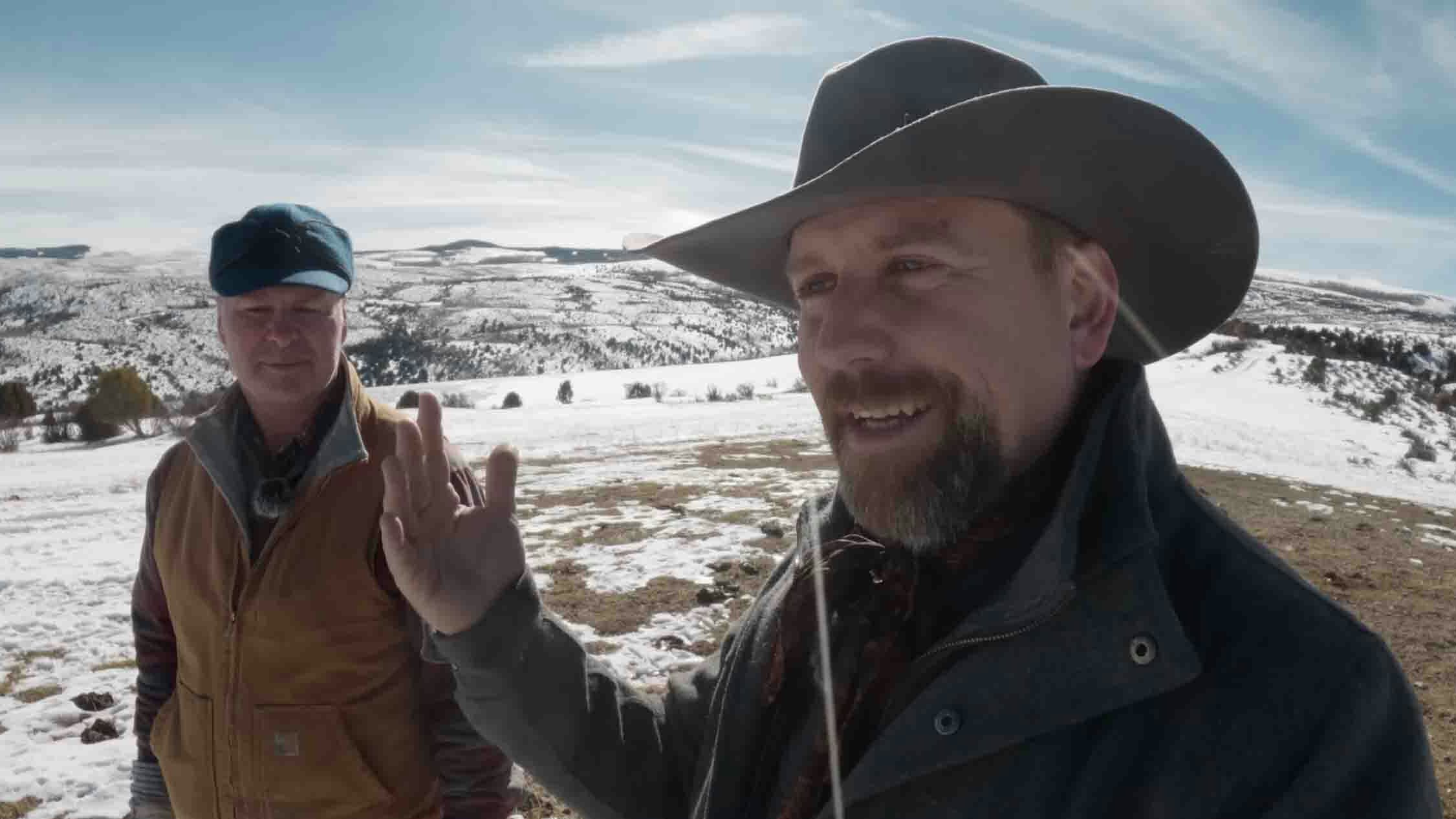Three horses — a mare, her foal and another mare that’s pregnant — are safe and sound for now at an animal rescue center east of Cheyenne.
But the center’s director would like to know more about them, such as where they came from, who owned them and their veterinary histories.
Patricia Wyer wonders, perhaps, if their previous owners were forced to put them up for sale because of the massive wildfires that burned though ranches and rangelands in northern Wyoming and southern Montana this summer.
Hundreds of thousands of acres of Wyoming private and public ranchland has been scorched, scattering — and in some cases killing — livestock and other farm animals. Many are still missing after fleeing the fires, others have been sold because there’s no longer means to care for them.
That’s what Wyer wonders about her trio of homeless horses.
“If the owners loved these horses and were forced to sell them, I want them to know that they are safe and will be well cared for,” Wyer told Cowboy State Daily. “Also, they are welcome to come visit them.”
Wyer runs the Broken Bandit Wildlife Center, which for years specialized in rescuing and rehabilitating smaller wild animals, such as raccoons.
This spring, the center branched out and started taking in huge draft horses that had nowhere else to go.
So these new horses, which Wyer and her associates recently acquired from sale yards in Colorado and Montana, should feel right at home.
Horses With Murky Pasts
Tracing the origin of the Broken Bandit rescue horses could be an impossibly tall order, said Jann Parker, horse sale manager with the Billings Livestock Commission.
Parker has been in that position since 1998, and in that time the commission has moved nearly 200,000 horses.
Many of them fall into the “loose horse” category, which doesn’t mean the horses were found running loose, she said.
It means that the sellers can bring them in with hardly any questions asked, and buyers take them “where they are, how they are,” she said.
Some sellers like to remain essentially anonymous because “horses are emotional, and sometimes it’s really hard for people to sell their horses,” Parker said.
People buying from the loose horse category must understand that these horses rarely, if ever, come with much background information, including points of origin or veterinary records, she said.
Given that, it’s tough to say how many horses might have been sold because of the wildfires, Parker said.
“Honestly, I’m sure there are some who have come in here because of that,” she said.

‘The Horse Market Is On Fire’
One thing is for certain, there’s no shortage of demand for horses.
Equines are a hot commodity, whether they come with extensive records and pedigrees, or are in that catch-all loose horse category, Parker said.
“The horse market is on fire,” Parker said, and the livestock commission has no problem selling virtually every horse that comes in.
This past weekend, 1,072 horses were sold, she said. Of those sales, 103 were online sales to remote buyers. And 88 horses sold for more than $10,000 each.
The equine market is brisk for a couple of reasons, Parker said.
In 2007, horse slaughter plants in the U.S. were shut down. Ever since, there’s been a debate over whether reopening them would be a good idea.
Those closures caused many to sell off breeding stallions and brood mares, anticipating a dip in demand for supposedly excess horses.
But the demand for horses, mostly for pleasure riding, remained steady, Parker said.
“It is the fact that the supply of horses has decreased, and demand has remained on a steady line,” she said.
Demand for horses rose even higher during and after COVID, as part of the larger trend of more people wanting to get outside.
“People decided they wanted to enjoy life and get a horse and enjoy the outside with a horse,” Parker said.
What it boils down to is that there really isn’t such a thing as excess horses anymore, she said. Even those that can’t be sold at high or mid-range prices end up getting picked up at rock-bottom prices by rescues.

Safe For Now
Meanwhile, the three mystery horses at Broken Bandit are doing OK, Wyer said.
Nobody realized that the mare, which already has a foal, was also pregnant with another, but aborted that foal on Tuesday, she said.
“That was heartbreaking,” she said.
It was likely because of stress.
“When you move horses around as much as these have been, they can get stressed and sick,” Wyer said.
The other mare – the one everybody knew was pregnant – is due to have her foal in about two weeks.
A veterinarian examined the horses, didn’t find any other major problems, and said the first mare’s foal is probably about five months old, she said.
With no records available, she hopes somebody steps forward to tell the horses’ backstories, though that might be a forlorn endeavor.
“I think the owners didn’t want to, but they had to turn them over because they lost property, hay and forage in the fires,” Wyer said.
Mark Heinz can be reached at mark@cowboystatedaily.com.





